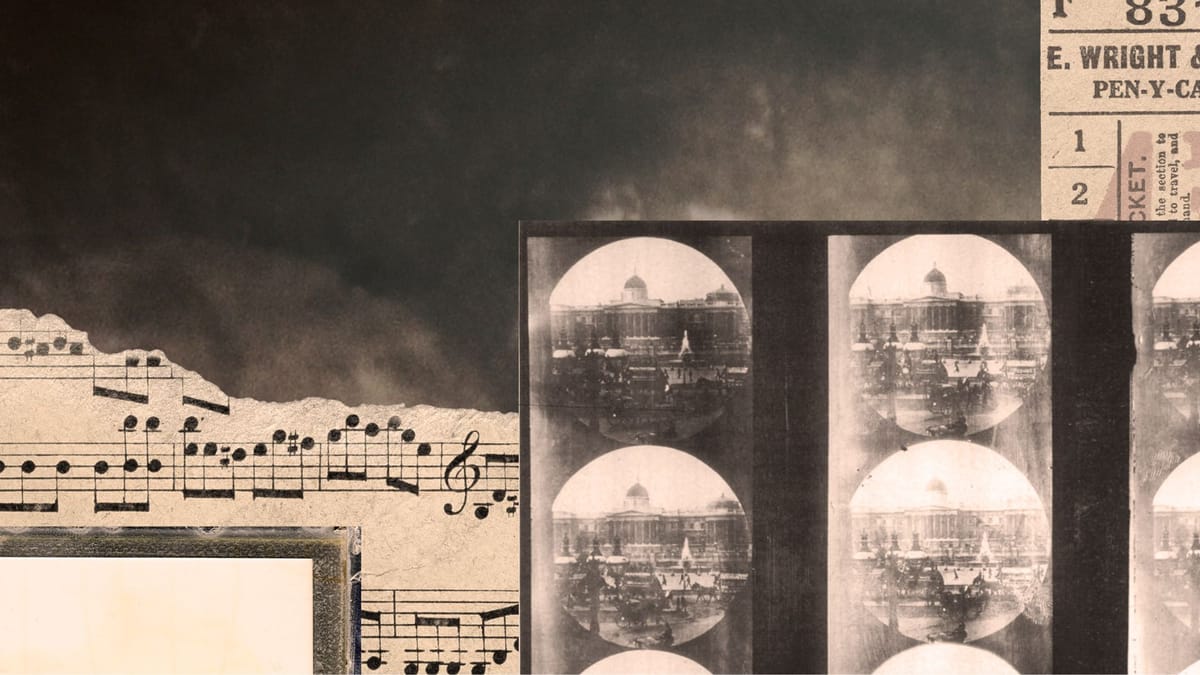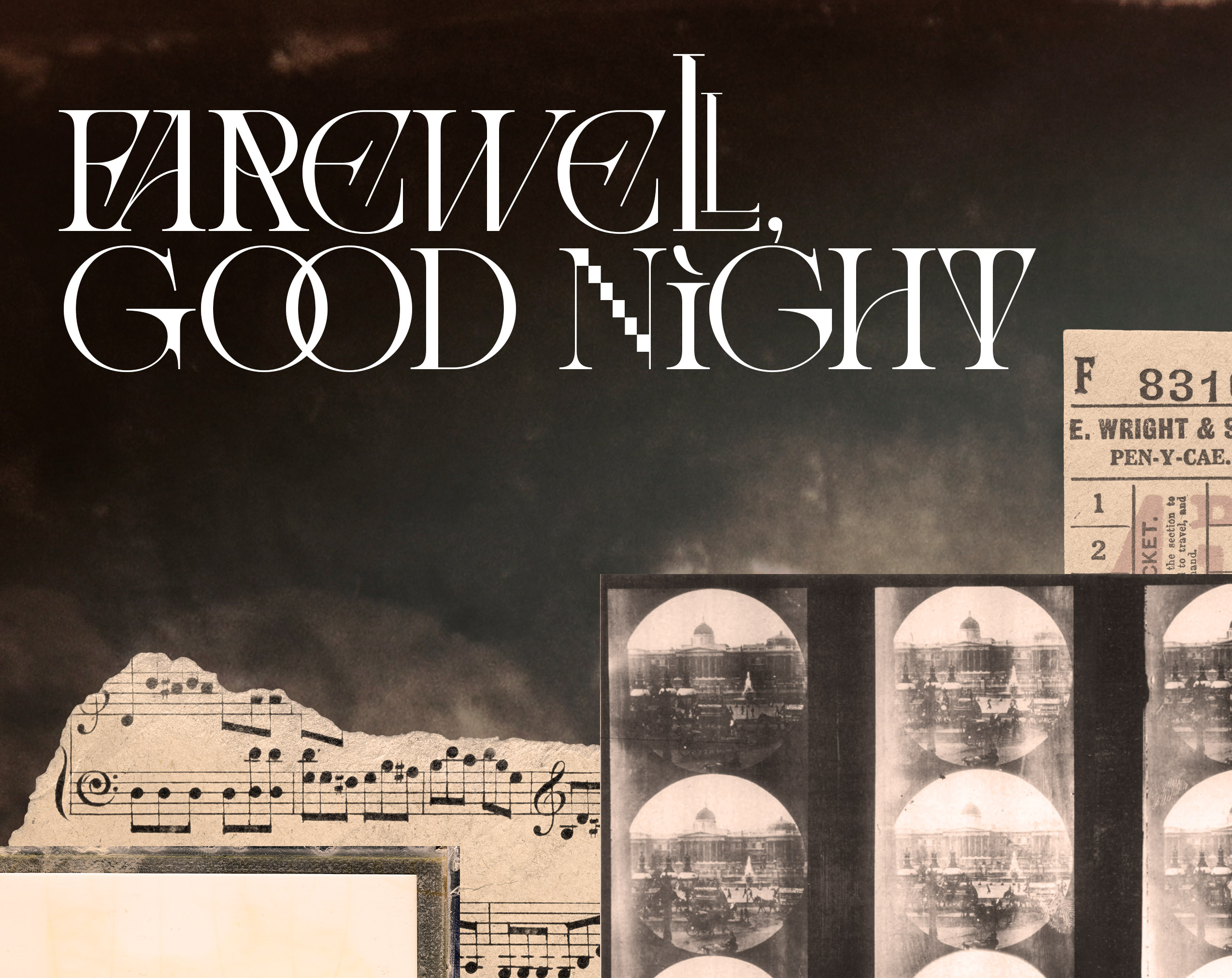Memories are not always lost, sometimes they are taken
momatoes’ Farewell, Good Night is an ethereal exploration of health care, identity, and power.

I sit in bed and read the rules of momatoes’ new RPG Farewell, Good Night. I spend most of my days in bed now, chronically fatigued. A fog hovers over my mind. It hasn’t left since my last bout of Covid (my 6th..or maybe my 7th) nearly two months ago.
It’s taken me weeks to build up the energy to play, knowing what the game was going to ask of me. Farewell, Good Night is a game of memories, once lost, then recovered, and then taken again in the name of “treatment.” Set in a psychiatric ward, players assume the role of The Patient, someone who has become mentally or physically immobilized by some invisible psychological ailment, or God, an all-powerful nondescript medical professional.

Both the text and gameplay of Farewell, Good Night evoke the isolation of illness and the lack of control we have not only over our own health, but our own medical care. In a culture that has only ever viewed the sick and the mad as problems to be solved instead of symptoms themselves of a diseased society, treatment models and psychiatric wards are only meant to quiet the noise. The virtual text feels like walking the halls of a ward with only the occasional black and white image or a single handwritten envelope to break its monotony.
Though there is a two-player option, I explored Farewell, Good Night alone, embodying both Patient and God. After a brief character creation session (four questions for The Patient, and four for God to describe the medical setting) gameplay is broken into a trio of two-phase cycles—morning and night of your final three days in the ward. Each morning, The Patient’s Brother sends a momento to the ward represented by playing cards, and God filters what “can be permitted.”
On its surface this first mechanic exemplifies the warden-like power medical professionals hold over those deemed unfit to care for themselves. A layer beneath though, I see reflections of my own mind, how it filters through the memories I hold. I have no say in what my mind chooses to cling to, or what it lets pass. I must simply react to what it presents to me.





